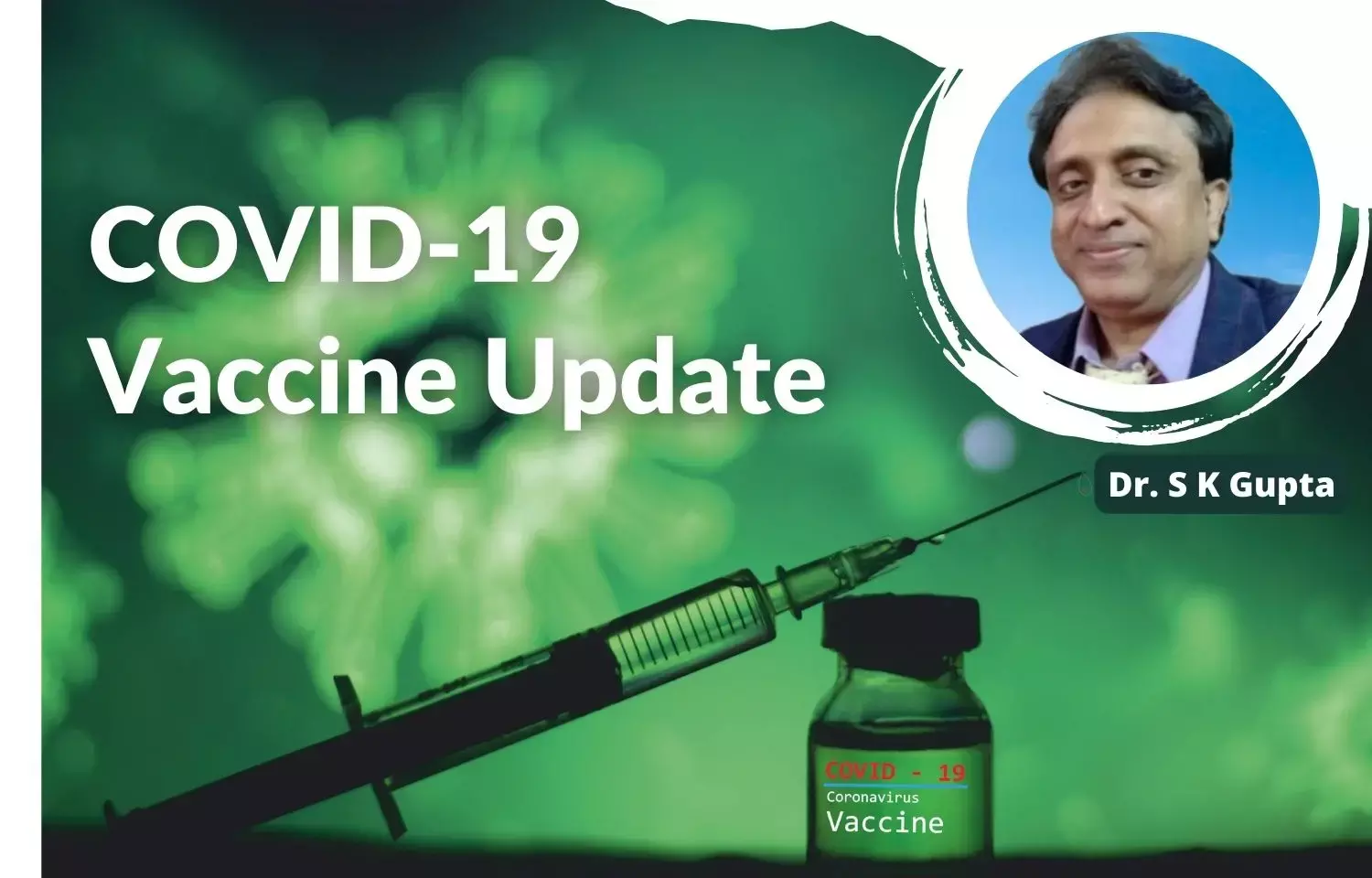- Home
- Medical news & Guidelines
- Anesthesiology
- Cardiology and CTVS
- Critical Care
- Dentistry
- Dermatology
- Diabetes and Endocrinology
- ENT
- Gastroenterology
- Medicine
- Nephrology
- Neurology
- Obstretics-Gynaecology
- Oncology
- Ophthalmology
- Orthopaedics
- Pediatrics-Neonatology
- Psychiatry
- Pulmonology
- Radiology
- Surgery
- Urology
- Laboratory Medicine
- Diet
- Nursing
- Paramedical
- Physiotherapy
- Health news
- Fact Check
- Bone Health Fact Check
- Brain Health Fact Check
- Cancer Related Fact Check
- Child Care Fact Check
- Dental and oral health fact check
- Diabetes and metabolic health fact check
- Diet and Nutrition Fact Check
- Eye and ENT Care Fact Check
- Fitness fact check
- Gut health fact check
- Heart health fact check
- Kidney health fact check
- Medical education fact check
- Men's health fact check
- Respiratory fact check
- Skin and hair care fact check
- Vaccine and Immunization fact check
- Women's health fact check
- AYUSH
- State News
- Andaman and Nicobar Islands
- Andhra Pradesh
- Arunachal Pradesh
- Assam
- Bihar
- Chandigarh
- Chattisgarh
- Dadra and Nagar Haveli
- Daman and Diu
- Delhi
- Goa
- Gujarat
- Haryana
- Himachal Pradesh
- Jammu & Kashmir
- Jharkhand
- Karnataka
- Kerala
- Ladakh
- Lakshadweep
- Madhya Pradesh
- Maharashtra
- Manipur
- Meghalaya
- Mizoram
- Nagaland
- Odisha
- Puducherry
- Punjab
- Rajasthan
- Sikkim
- Tamil Nadu
- Telangana
- Tripura
- Uttar Pradesh
- Uttrakhand
- West Bengal
- Medical Education
- Industry
Covid Vaccine Update: Nasal Vaccines a Sniffing Hope

Disclaimer: The views expressed in this article are of the author and not of the Medical Dialogues. The Editorial/Content team at Medical Dialogues has not contributed to the writing/editing/packaging of this article.
Dr Satish Kumar Gupta (MBBS, MD (Med), FRCP (Edin), FICP, FIMSA, CFM (France)) is an Honorary Professor at IMA HQ, Senior Consultant Physician and Associate Professor at GS University Uttar Pradesh India. He has received the 'Delhi Healthcare Ambassador' title from the Delhi Medical Association and the 'Chikitsa Ratn' award from the Indian Medical Association. Dr Gupta is an Editor at Radiopaedia and Section Editor of the Journal of International Academy of Medical Sciences, with contributions to BMJ, Annals of Internal Medicine, and JAPI. He authored "Journey of Covid in India – A Doctor's Perspective," recognized by the United Nations Headquarters in Geneva. He has also contributed to Covid-19 treatment and vaccination protocols. Invited by WHO as a Global Health Correspondent for Indian Media, Dr Gupta is actively engaged in medical education, research, and public health discussions, focusing on pandemic response, vaccination, AI in medicine, and healthcare policies.


